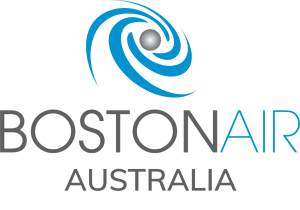This website uses cookies so that we can provide you with the best user experience possible. Cookie information is stored in your browser and performs functions such as recognising you when you return to our website and helping our team to understand which sections of the website you find most interesting and useful.
Boston Spotlight: Head of Training Paul Gash shares his journey of becoming an aviation engineer in the RAF and how someone can get started in their Aviation career
There are many routes you can take to begin your career as an aircraft engineer. Many begin via a direct apprenticeship with a larger MRO airline. We should also note, it is never too late to begin your aviation training – our own Aircraft Technician, Stella, started out in aircraft maintenance after a career of teaching (read more about Stella’s route to the aviation industry here). However, another option would be to enter the aviation industry after a career in the military.
Paul Gash, our Head of Training, did just this and began his aircraft mechanic training in the RAF in 1996, before using his acquired knowledge and experience to move into his current role at Bostonair.
Paul shares with us his journey from studying at university to beginning his career as an aircraft mechanic in the RAF in our latest spotlight article. Happy reading!
Hi Paul! To start off, what made you want to be an aircraft engineer?
At the time I was at university studying Product/Industrial Design. I was walking into town from a lecture one day and it started to rain so I took shelter in the local Armed Forces recruitment centre. I was approached by the RAF recruiters and asked if I had considered joining the Air Force. It wasn’t something I had considered, however, the more I spoke to the recruiter, the more I realised it could be a good career choice for me.
I was asked if there were any jobs within the RAF that I would prefer. I said I was interested in mechanics and they suggested an aircraft trade. Once I had taken the aptitude test, I was offered airframe or propulsion (two separate trades at that time). I chose propulsion and later trained as an Airframe Mechanic (dual trade).
We know that training is the first step when wanting to work with aircraft. Can you tell us a little bit about what training an aircraft engineer would need?
In my case, two years of training in the RAF School of Technical Training at RAF Cosford mixed with time on various squadrons, including RAF Leeming (Tornado F3 fighter jets) and RAF St Mawgan (Westland Sea King helicopters).
If you chose a non-military route into the industry, then there are a few options to choose from when looking to start a career as an aviation engineer:
- Training schools, such as Newcastle College University Centre, based at Newcastle Airport, offer courses that teach the Part 66 B1.1 Aircraft Maintenance Engineering Licence syllabus.
- Direct entry apprenticeship schemes with companies such as British Airways, Virgin and Boeing are also available.
What route would you recommend to people who want to begin a career as an Aircraft Engineer?
Personally, I would encourage anyone interested in becoming an aircraft engineer to join one of the branches of the military, they all have aircraft! Obviously, I would put the RAF at the top of the list…. they also have the best food! Many people think the military is all about getting shouted at and running around all day but the RAF is certainly not like that. Well, basic training maybe but that doesn’t last for long! Engineers are valued for the skills they bring to the workplace.
What are the key things someone should know if they are considering a career as an aircraft engineer?
Working hours can vary from 8 hours to 12 per day, depending on the job. Engineers commonly work in two areas, hangar, or line maintenance, each having its own rewards and challenges.
Hangar work would usually consist of more in-depth maintenance compared to line maintenance, which involves being responsible for aircraft movements and ensuring the planes get off the ground without any delays.
It is a rewarding and well-paid career. I started my career in 1996, if I had a chance to do it all again, I wouldn’t change a thing!
What training can Bostonair offer engineers in the aviation industry?
Through our Part 147 approval, we can provide both online aviation training as well as type training to experienced aviation engineers.
Our online training portfolio boasts a wide range of essential courses such as EWIS, Fuel Tank Safety and Human Factors, as well as other specialised courses including Dangerous Goods, ETOPS, SMS and more. We also offer a discount on purchases of multiple courses so it’s great for when engineers are looking to renew their certifications.
Our type training courses are specifically tailored to B1 and B2 engineers and can be fully customized to suit our client’s requirements. We hold a number of Boeing and Airbus types on our list of approvals including A300, A320 (CEO & NEO), A330, B737 (NG & MAX), B757 and B777 – and we are happy to consider additional ratings should our clients require them. Our type training takes place all over the world and theoretical learning can be done online, allowing flexibility to both individual engineers as well as larger clients.
So there you have it, if you are looking for the best route to become an aircraft engineer, we hope this article has helped you weigh up the options you have available.
Or if you’re an aircraft engineer looking for more information on our training offerings, head to our training page.
Related News
View All News ArticlesBOSTONAIR AUSTRALIA MANAGER – NICHOLAS, VISITS THE QANTAS TEAM IN BRISBANE!
20 July 2023
Last month, our Bostonair Australia General Manager – Nicholas visited the team at Qantas in Brisbane to take a tour...
Exploring Exciting Aviation Opportunities in Germany and Australia
28 June 2023
Exploring Exciting Aviation Opportunities in Germany and Australia The world of aviation is known for its allure, a realm of...
NEW TYPES ADDED TO BOSTONAIR TECHNICAL TRAINING’S PART 147 SCOPE OF APPROVAL
2 June 2023
Bostonair Technical Training Limited has received EASA approval to deliver type training courses for both B787-8/9/10 (RR Trent 1000 &...
LONG HAUL RECOVERY, STAFF RECRUITMENT & RETENTION – A LOOK AT WHAT 2023 HAS IN STORE FOR THE AVIATION INDUSTRY & BOSTONAIR FROM OUR MANAGING DIRECTOR.
5 January 2023
Bostonair’s Managing Director of Aviation – Andrew Parker, reflects on the successes of 2022 and what’s in store for 2023…...
© Boston Air Australia 2024.

